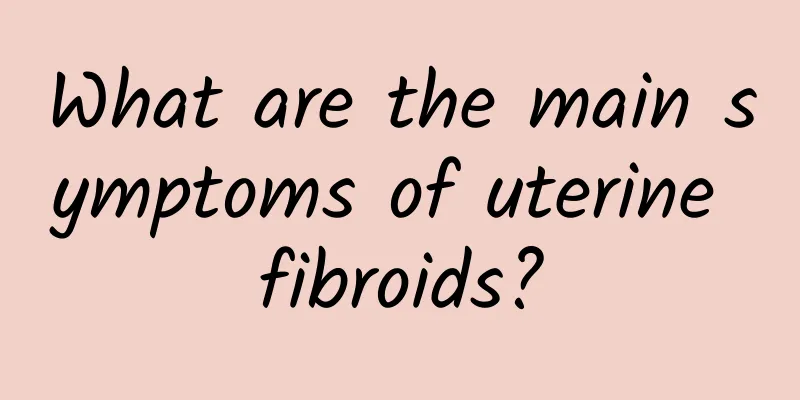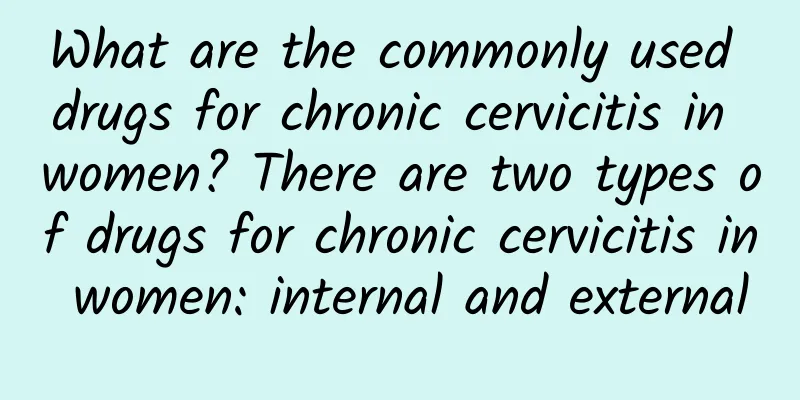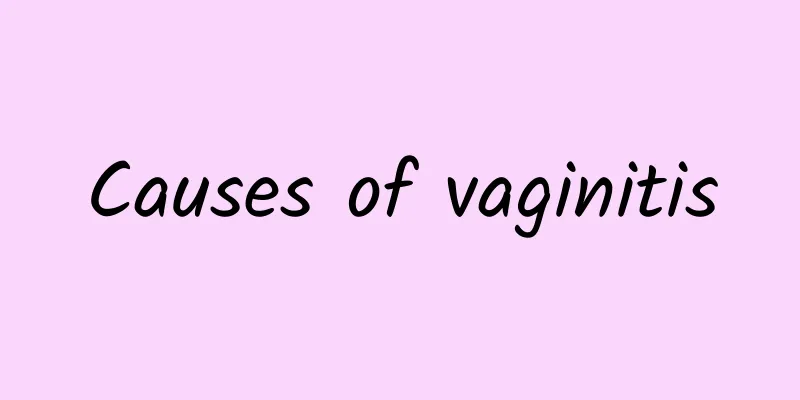What are the main symptoms of uterine fibroids?

|
Early detection of symptoms of uterine fibroids is of great help to timely treatment of patients, so women must correctly understand the symptoms of uterine fibroids. So, what are the specific symptoms of uterine fibroids? Let the experts introduce the symptoms of uterine fibroids in detail. The symptoms of uterine fibroids mainly include the following aspects: 1. Pain: Generally, there is no pain symptom. However, when the fibroids undergo red degeneration, or the pedunculated fibroids undergo torsion, or the submucosal fibroids stimulate the uterus to undergo spasmodic contraction, it may cause acute abdominal pain. 2. Anemia: If uterine fibroids cause long-term heavy menstrual flow, it can lead to secondary anemia. In severe cases, it will manifest as symptoms such as general fatigue, pale complexion, shortness of breath and palpitations. 3. Menstrual changes: Menstrual changes are the most common symptoms of uterine fibroids, which are manifested by increased menstrual flow, shortened or prolonged menstrual period, etc., and irregular bleeding may also occur. Submucosal fibroids may cause bleeding due to increased mucosal area and surface necrosis and infection. When intramural fibroids are larger, the uterine cavity becomes larger, the endometrial area increases, the uterus contracts poorly, or when combined with excessive endometrial hyperplasia, the symptoms are shortened menstrual cycle, increased menstrual flow, prolonged menstrual period, etc. 4. Increased vaginal secretions are common in larger intramural fibroids. As the uterine cavity enlarges, glandular secretions increase, resulting in increased leucorrhea. When submucosal fibroids are accompanied by infection, the amount of leucorrhea is also high and sometimes bloody. 5. Compression symptoms: As fibroids grow, they can compress nearby organs and cause various symptoms. For example, uterine wall fibroids or cervical fibroids can compress the bladder, causing frequent urination, urination disorders, and urine retention. Compression of the ureter can lead to hydronephrosis. Uterine posterior wall fibroids can squeeze the rectum and cause difficulty in defecation. 6. Infertility: 25-35% of patients with uterine fibroids may suffer from infertility because the fibroids hinder the fertilized egg from implanting or the fibroids prevent the sperm from entering the fallopian tube. The above are the symptoms of uterine fibroids. Through the expert’s introduction, I believe you have a certain understanding of the symptoms of uterine fibroids. If you still have any questions about the symptoms of uterine fibroids, please consult our online experts. For more information, please visit the uterine fibroid disease special topic at http://www..com.cn/fuke/zgjl/ or consult an expert for free. The expert will then give a detailed answer based on the patient's specific situation. |
<<: What are the symptoms of multiple uterine fibroids?
>>: Common symptoms of menstrual irregularities in women
Recommend
What are the symptoms of cervicitis
Cervicitis is a common gynecological disease with...
What are the early symptoms of adenomyosis?
Nowadays, many women choose surgical abortion whe...
What is functional uterine bleeding during puberty? 5 treatment methods
What is adolescent functional uterine bleeding? H...
What are the dietary taboos for patients with endometrial tuberculosis?
Endometrial tuberculosis is a stumbling block for...
How does adnexitis occur?
How does adnexitis occur? Adnexitis may be caused...
Detailed explanation of the main factors causing pelvic inflammatory disease
There will be a series of inflammations in the pe...
What tests should be done for vaginitis
Most female friends have typical symptoms of vagi...
It is easy to lose weight if you eat vegetables first and then drink soup in the right order!
You don't need to starve yourself to lose wei...
How do bacteria invade the vagina? Check out the 4 high-risk factors that cause vaginitis
Vaginitis accounts for a large proportion of dise...
It is very important to do a good job of health care to prevent ectopic pregnancy
Ectopic pregnancy is a very serious acute abdomin...
What are the main harmful manifestations of cervical hypertrophy?
Gynecological diseases are very harmful to women,...
What are the symptoms of acute cervicitis?
What are the symptoms of acute cervicitis? Cervic...
Who is more likely to get vaginal candidal infection?
Vaginal candidiasis is caused by fungal infection...
What is uterine cyst?
What is uterine cyst? Under normal circumstances,...









